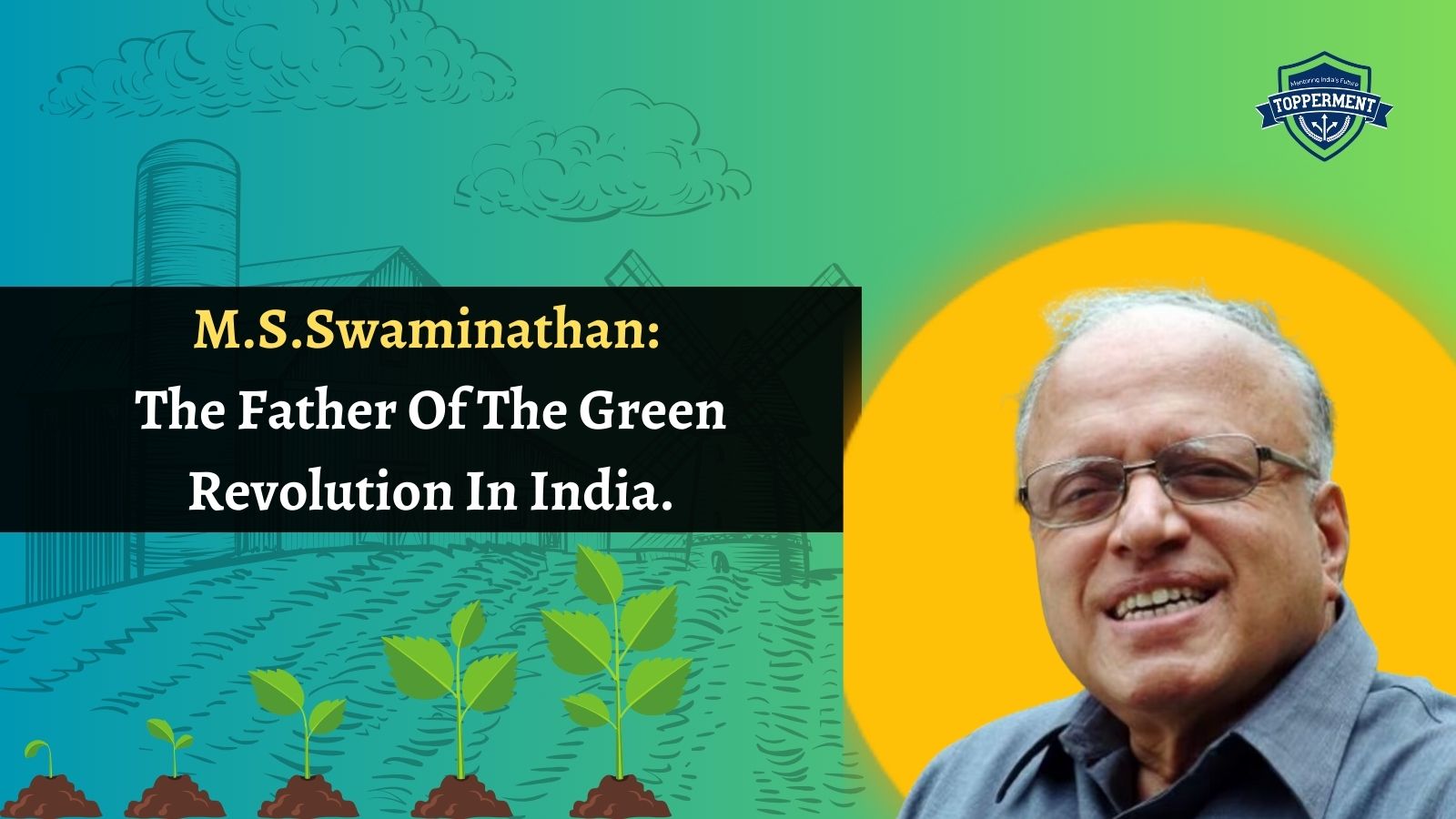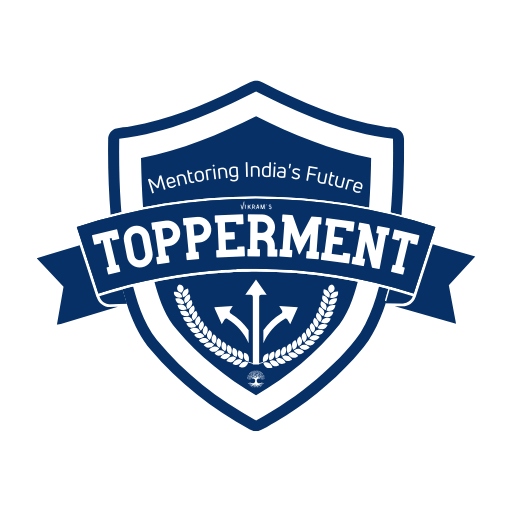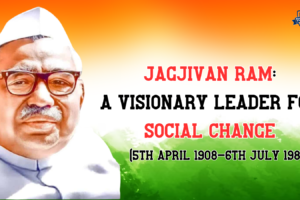
M.S.Swaminathan: The Man Who Transformed India’s Agriculture | Indian National Personalities
M.S.Swaminathan was a legendary Indian agricultural scientist who played a pivotal role in ushering the Green Revolution in India. His innovative work in developing high-yielding varieties of wheat and rice not only made India self-sufficient in food production but also improved the lives of millions of farmers. He was also a visionary leader who advocated for sustainable and eco-friendly farming practices.
M.S.Swaminathan Early Life and Education
Mankombu Sambasivan Swaminathan was born on August 7, 1925, in Kumbakonam, Tamil Nadu. He was influenced by his father, who was a surgeon and social reformer. He developed an interest in agriculture and genetics at a young age and pursued his studies in these fields.
He obtained his B.Sc. degree from Madras Agricultural College and his M.Sc. degree from the University of Madras. He then went to the Indian Agricultural Research Institute (IARI) in New Delhi, where he earned an Associateship in Genetics.
He received a UNESCO fellowship to study at Wageningen University in the Netherlands, where he learned about plant breeding and cytogenetics. He completed his Ph.D. from Cambridge University in 1952, where he worked on the genus Solanum under the guidance of H.W. Howard.
Contributions to the Country
Swaminathan returned to India in 1954 and joined the IARI as a teacher, researcher, and administrator. He made significant contributions to the fields of potato, wheat, and rice genetics and breeding. He collaborated with Norman Borlaug, the Nobel laureate and father of the global Green Revolution, to introduce high-yielding varieties of wheat in India in the 1960s.
He also developed high-yielding and disease-resistant varieties of rice that were suitable for Indian conditions. His efforts led to a dramatic increase in India’s food production and helped the country overcome food shortages and famines.
Swaminathan also served as the Director General of the Indian Council of Agricultural Research (ICAR) from 1972 to 1980, where he initiated several programs to improve agricultural research and extension.
He was instrumental in establishing the National Bureau of Plant Genetic Resources (NBPGR) and the National Seed Corporation (NSC). He also played a key role in setting up the Krishi Vigyan Kendras (KVKs), which are rural agricultural training centers.
Swaminathan also served as the Director General of the International Rice Research Institute (IRRI) in the Philippines from 1982 to 1988, where he promoted international collaboration and exchange of germplasm among rice-growing countries.
He also initiated the International Network on Genetic Evaluation of Rice (INGER), which facilitated the testing and dissemination of improved rice varieties across different regions.
Swaminathan was also a pioneer of sustainable agriculture and ecological economics. He advocated for an integrated approach that balanced productivity, profitability, equity, and environmental protection.
He coined the term “evergreen revolution” to describe his vision of achieving food security without compromising natural resources. He also emphasized the importance of conserving biodiversity, enhancing soil health, promoting organic farming, empowering women farmers, and addressing climate change.
Literary Works, Titles, Awards
Swaminathan was a prolific writer who authored or co-authored more than 70 books and 400 papers on various aspects of agriculture, science, and society. Some of his notable books are:
- Genetics for Resurgent India (1973)
- Science and Integrated Rural Development (1979)
- Towards Hunger-Free India: Agenda for the Millennium (2001)
- In Search of Biohappiness: Biodiversity and Food Security (2011)
Swaminathan was also conferred with several titles and awards for his outstanding contributions to science and humanity. Some of them are:
- Padma Shri (1967)
- Ramon Magsaysay Award (1971)
- Padma Bhushan (1972)
- World Food Prize (1987)
- Padma Vibhushan (1989)
- Albert Einstein World Science Award (1998)
- Indira Gandhi Prize for Peace, Disarmament and Development (2000)
- Tyler Prize for Environmental Achievement (2005)
He was also nominated by Time magazine as one of the 20 most influential Asians of the 20th century. He was also honoured with several honorary doctorates from various universities around the world.
Death and Legacy
Swaminathan passed away on September 28, 2023, at the age of 98 in Chennai.
He is widely regarded as one of the greatest scientists and humanitarians of India and the world. His legacy lives on through his numerous institutions, publications, students, and followers. He is an inspiration for generations of scientists, farmers, policymakers, and activists who strive to make the world a better place.
M.S.Swaminathan was a man who transformed India’s agriculture and made a lasting impact on the world. He was a genius, a leader, a visionary, and a humanitarian. He was the father of India’s Green Revolution and the champion of sustainable agriculture.
Also Read
Bhagat Singh: The Revolutionary Hero of India | Indian National Personalities
Sir M Visvesvaraya: The Engineer-Statesman Who Made Modern India
Tag:Agriculture, Crops, Green Revolution, IAS, IFS, IPS, IRS, M.S.Swaminathan, UPSC, Yield



